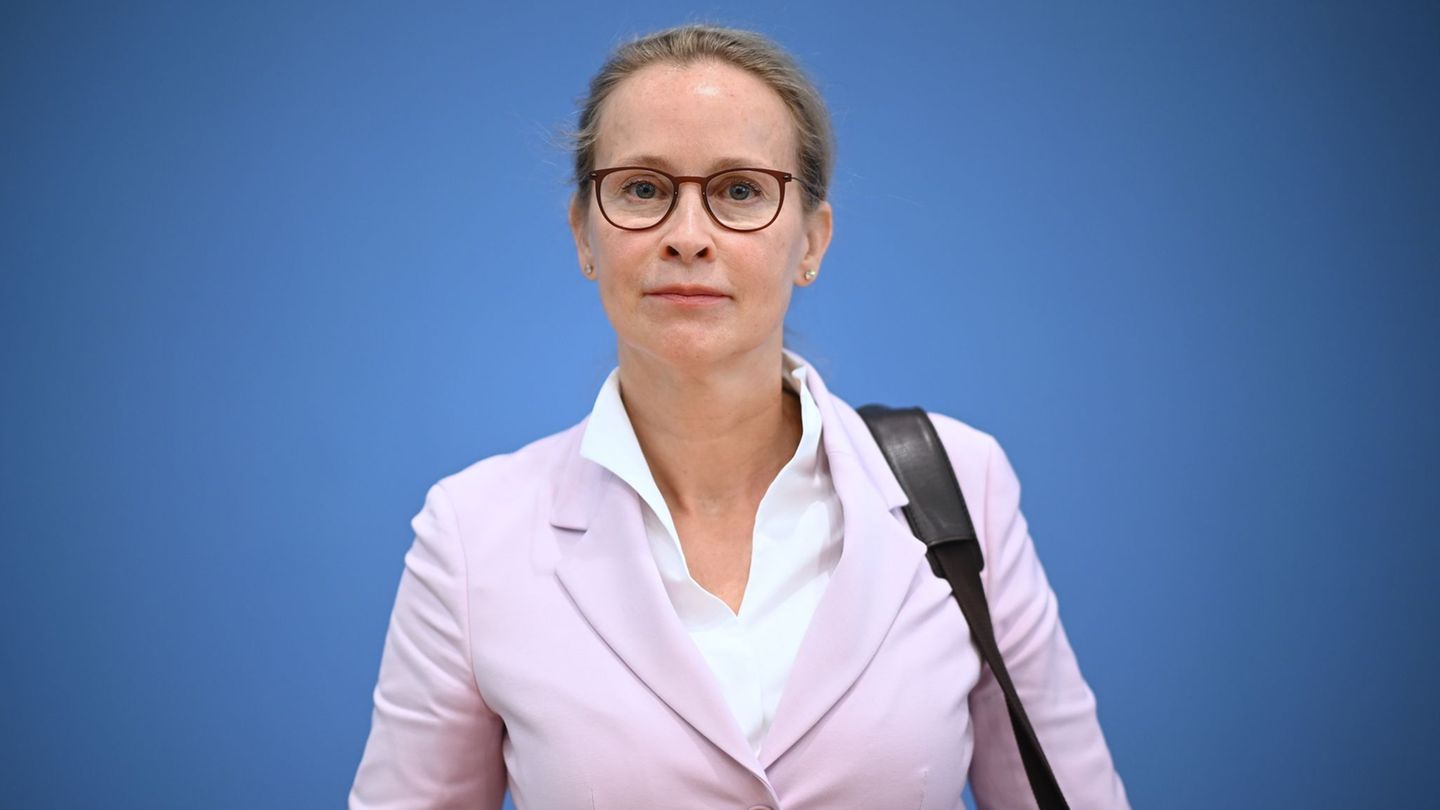In that sense, he stressed that “there is no objective reason for it to grow at the rate it has been doing in recent days.”
Similarly, when asked about the possibility of a devaluation, The economist considered that it is “absolutely ruled out”, and argued that, since the foreign exchange market is “completely regulated”, “there is no chance of devaluation jumps”.
“At other times, when it was totally liberated in an irresponsible manner as in the previous government, these attacks ended up taking place and devaluation jumps occurred,” D’Attellis said.
For his part, he rejected that importers are forced to go to the Cash with Settlement dollar (CCL) since – he recalled – “there is a rule that says that if an importer goes to that market, for 90 days he cannot access the official one, with which nobody is going to resign that access window”.
Regarding the latest measures taken by the BCRA, the director of the monetary entity emphasized that it is not a “brake on imports”, since the BCRA itself does not have such power over them.
“What was done is a modification in the access to the foreign exchange market to pay for imports with a stretching of the terms of access from 90 days to 180 days,” explained D’Attellis, and indicated that with the modifications it is intended to “recover stronger” to commercial credit by encouraging companies to finance their purchases abroad with their own dollars.
Through the provision of the BCRA announced last Monday, the import financing system was extended for one quarter to those carried out under a Non-Automatic License and to the import of services.
With the disposition of the entity led by Miguel Pesce, the aim is to “address the seasonality that was modified in the last time in the process of accumulation of reserves,” said D’Attellis.
In this regard, he indicated: “The need to advance energy imports that are much more expensive when the international price flies, generates a greater demand for dollars together with an offer.”
Added to the greater need for foreign currency, according to the official, is a settlement “slower than it should be” by agro-exporters, “the product of some speculation.”
Finally, D’Attellis considered yesterday’s renewal of maturities by the Ministry of Economy as “a total success”, through which, in a new auction of the debt in pesos, it obtained $248,078 million, a figure greater than the $243,701 million expected. .
“If you take the accumulated of all the renewals of the first semester, 121% were renewed,” he stressed, noting that the debt in pesos “is very healthy because it grows at a moderate rate in relation to other economic variables such as growth ”.
Source: Ambito
David William is a talented author who has made a name for himself in the world of writing. He is a professional author who writes on a wide range of topics, from general interest to opinion news. David is currently working as a writer at 24 hours worlds where he brings his unique perspective and in-depth research to his articles, making them both informative and engaging.




